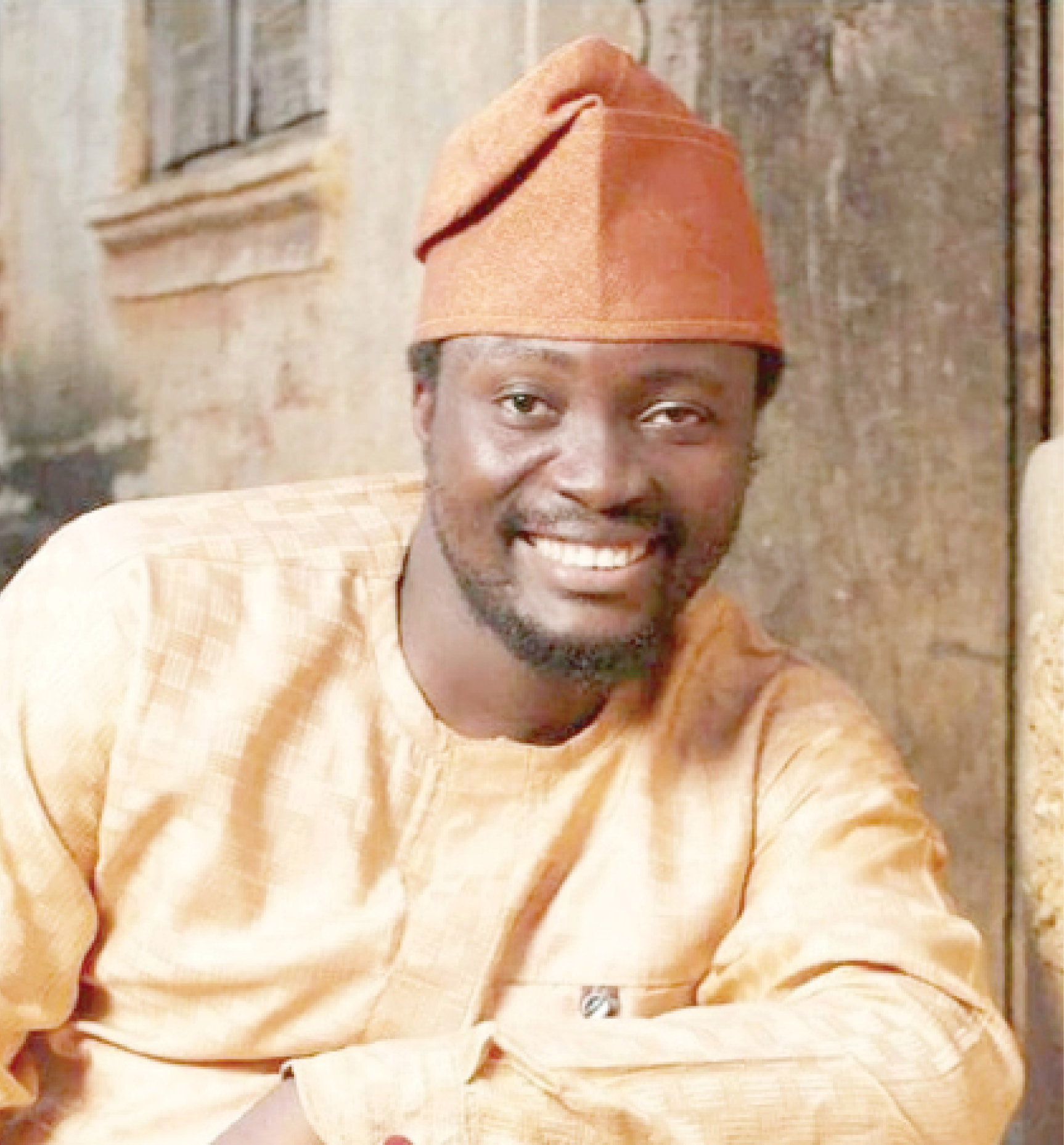A realist artist, Segun Fagorusi, has chosen to deploy his artistic prowess into the recognition of the elderly and the aged in the society. Through his collections tagged, “Ibile” (roots), he has been able to amplify the plight of the elderly and reawakened the society to care for them.
In Yoruba cosmology, Ibile could mean different things to different people, but Fagorusi has chosen the title of his recently released paintings to depict the elderly. Ibile was presented last Saturday at a solo show put up by Mydrim Gallery in Lagos.
The artist, being a son of an elder, who has witnessed what the aged go through after retirement, could not help but document his innate feelings and the burning desire to put smiles on the faces of the elderly.

The fine and applied arts graduate of Obafemi Awolowo University, Ile Ife, who began painting as a child, was born in Lagos. He also bagged a master’s degree in African Visual Arts from the University of Ibadan. But the path of honouring the elderly is one novel idea that distinguishes his works from others.
He told Daily Trust on Sunday that he was inspired to honour the elderly after attending a medical outreach in Lagos, where the elderly thronged the programme to demand something as little as a pain killer and other basic things that ordinarily should not cost more than N100.
To him, the situation calls for deep introspection about how the Nigerian society has chosen to neglect elderly people.
He said, “When I was in secondary school, I used to hear of pensioners collapsing while waiting for pensions, but today, stories like this don’t make headlines again. Have you seen anything like that again in the last five years? It doesn’t matter again. People don’t care about them. You get to ponder about this, that after I have worked for 35 years serving the government, what would be my gain?”
He said the society had a responsibility to address the plight of the elderly and make them feel comfortable.
He added, “Some of them just need attention. As I was saying, one of the challenges we have is mobile phones. Before mobile phones, it was normal for people to visit their parents at least three to four times a year, but now, it is a phone call.
“I use my present body of works to celebrate, venerate and talk about things that are local and traditional.”
That was why the collections presented women in various moods and positions. His painting technique employs the use of brush, oil on canvas and acrylic for the background of any of his work.
From the collections he paints the elderly in a sad and happy mood; and in another breadth, he paints occupations that are fading away. He recals one of his catalogues, which focused on the local blacksmiths who fear their generation might be the last to be involved in such an occupation, as their children are not ready to do it.
“We live in a country where employment opportunities are very low, yet some occupations are dying,” he lamented.
Talking about his painting and the unique selling point, Fagorusi said, “I render my painting in realism. I do figure and I think the selling point is one; the subject matter I treat is not something many people touch.
“I see a gap in documenting this particular area and I think I am contributing to history and fill that particular group. With this, I am taking you back to your home, your parents and grandparents wherever they are.

“How often do they go? During the press briefing, one of the journalists I spoke with said her mum was sick. She visited a hospital and she was given drugs, but she wasn’t responding to the treatment, so she made it a point of duty that she was going to visit her twice a week. And guess what – she started feeling better – which means the problem wasn’t the drug; she needed attention.
“She said she visited every week, Tuesday, Wednesday and some other days. She called her siblings and they started taking turns and mama got better.
“Somebody has to be there for them. Our own generation is far more outspoken. We look at Twitter, Instagram and Facebook; you can see anything there. Their generation is different. There are things that are forbidden, things you don’t say.
“Your father can sell his car to send you to school but when you look up to his face to say, ‘I love you daddy,’ he will just look at you and say, ‘Pass your exams and be a good boy.’ That’s his own way of saying I love you. So for me, that’s a selling point – taking you back, making you connect to your roots.”
He, however, advised other artists, especially the upcoming ones, to always tailor their arts on issues that make them uncomfortable.
“Whatever subject matter you decide to be the focus of your art should be something that bothers you and makes you feel uncomfortable.”

 Join Daily Trust WhatsApp Community For Quick Access To News and Happenings Around You.
Join Daily Trust WhatsApp Community For Quick Access To News and Happenings Around You.


